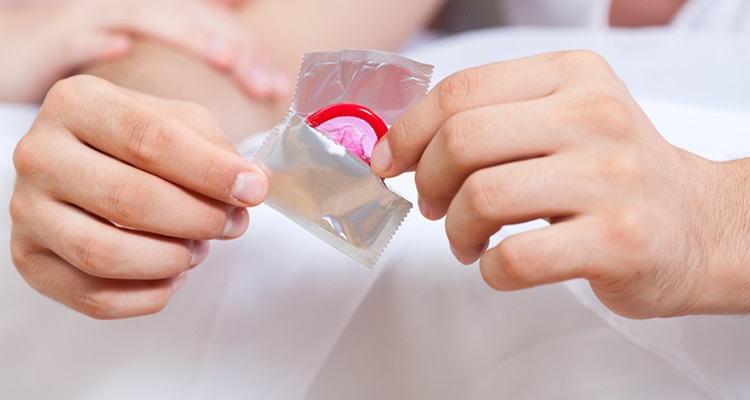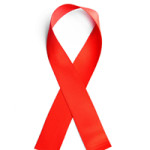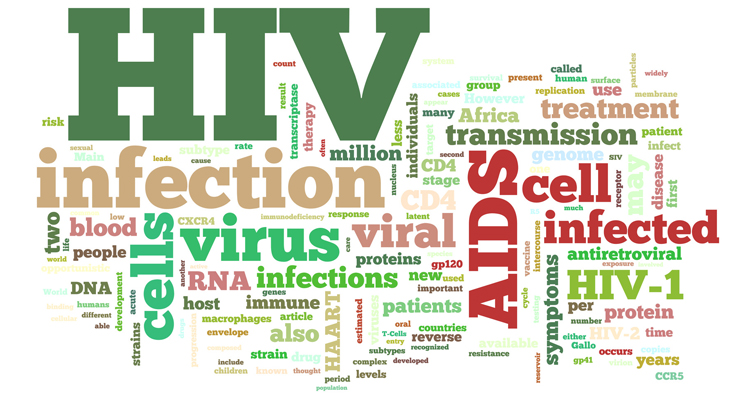“Even though people with HIV can live a normal life if they take their drugs as prescribed it’s still a serious matter, and education is needed to prevent HIV, ” says Einar Þór Jónsson chairman of the HIV Iceland organization that are hosting World Aids Day December 1st at their offices at Hverfisgata 69 in Reykjavík from 16-19, where the theme this year is Getting to zero. The goal is set high, getting new HIV infections to zero and getting discrimination to zero.
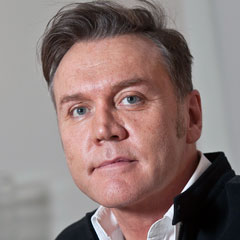
In order to reach these goals Einar and his colleges at HIV Iceland work hard to educate people, specially the youth as they visit 9th and 10th graders every year. Einar is HIV-positive himself and so are his fellow educators.
“It’s important for the kids to get an honest account of life with HIV, without spreading fear. I remember when getting HIV equaled a death sentence but times have changed. Fear can do more harm than good and cause people to stay away from sex altogether, so it’s important to be open and realistic when talking to young people.”
These last few years hand sanitizing has become a bigger deal and there are more people developing germophopia, but a lot of them don’t seem to think about what happens during sex. Einar has noticed this double standard when talking to young people.
“I find it odd that people can have unprotected sex but they can’t touch a doorknob without scrubbing their hands first. Way too often young people give little thought to condoms and STD’s like chlamydia have been on the rise in Iceland,” says Einar.
Fortunately less HIV infections are being reported every year in Iceland and the rest of the world, mostly because of education to prevent HIV and new and advanced drugs that prevent transmission. So for example people with HIV can have unprotected sex with their partners in order to conceive, without transmitting the virus.
“That means people can live a normal life just like everyone else. Let’s not forget though that this is not a cure and once a person get’s HIV she or he will carry the virus for the rest of their life.” Despite the fact that people living with HIV can expect to live a normal life a lot of them feel that they don’t have the same opportunities as others.
“I find it odd that people can have unprotected sex but they can’t touch a doorknob without scrubbing their hands first.”
“No studies have been done here in Iceland to see how people with HIV are perceived, but when asked, people living with HIV all agree that they face some prejudice due to HIV related stigma. Some of them even say that there is a lot of prejudice in our community and it has strongly affected their self-image and mental health. They don’t necessarily experience people being hateful or rude rather that they are being discriminated against when applying for jobs for example and young people feel like they have less change of getting into a relationship,” Einar explains.
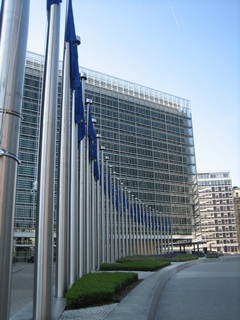
One way to terminate prejudice against people living with HIV is to stop all talk of some groups being at higher risk than others. Because the most common way HIV is transmitted is through anal or vaginal sex or sharing drug injection equipment with a person infected with HIV.
“All sexually active people are at risk so elusive labeling of people can be damaging because the ones that don’t fit the profile feel like they are at no risk at getting HIV and furthermore it kindles stereotyping people’s behavior depending on which groups they belong to,” Einar points out.
“It’s believed that in a few years there will be an effective HIV vaccine but those getting infected now will have to carry the virus with them for the rest of their life. The drugs are constantly improving with less side effects and they can put the virus to sleep, but there is nothing that kills the virus.
I strongly believe that the education we at HIV Iceland provide has prevented people from getting infected. Looking at it from an economical point of view that means that we are saving the health care system a lot of money each year so all the money wasted on education to prevent in HIV is indeed not wasted. But of course our job is first and foremost to help people live a healthier life.”

